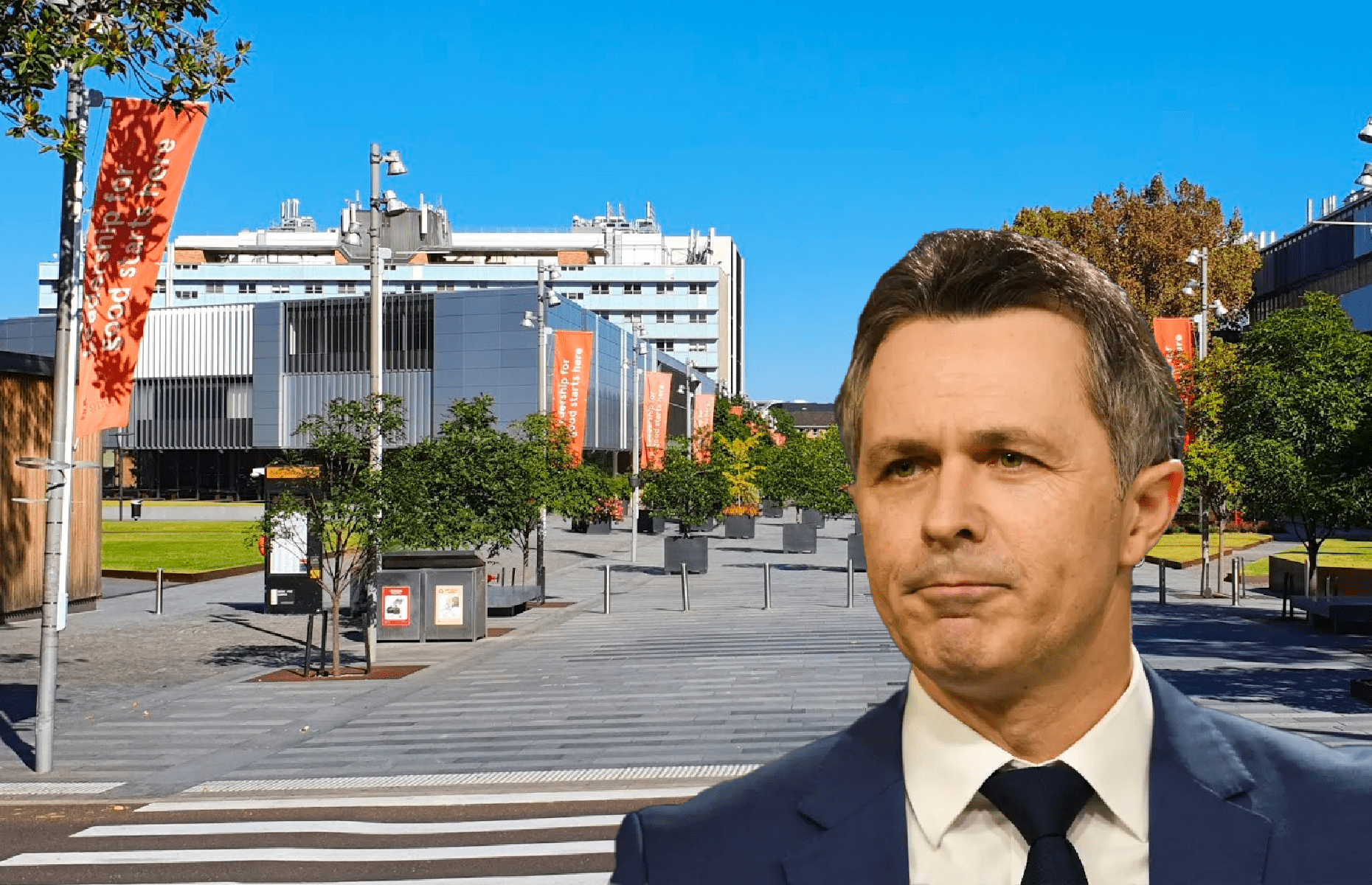Federal Education Minister Jason Clare has announced that 20,000 additional university places have been created specifically for Indigenous, low SES, disabled students and other disadvantaged students.
The places will be distributed over two years, with 10,000 places allocated for each of 2023 and 2024. The allocations will also target in-demand disciplines in STEM (Science, Technology, Engineering and Maths), education and health.
Universities will have to enter a competitive tendering process to bid for the additional places based on their ability to attract students from the designated disadvantaged communities. They will be expected to provide a detailed blueprint detailing not only how students will enter university but also retention and support through to graduation.
“Where you live, how much your parents earn, whether you are Indigenous or not, is still a major factor in whether you are a student or graduate of an Australian university,” said Clare.
“I don’t want us to be a country where your chances in life depend on your postcode, your parents, or the colour of your skin.”
Responding to the announcement, Federal Treasurer Jim Chalmers said that the extra places aim to provide Australias with “the skills they need to get sustainable, well-paid jobs into the future”.
Participation rates for First Nations students is consistently low across the nation. The University of Sydney, for example, has an Indigenous student enrolment rate of 0.6 per cent — the second lowest in NSW after the University of Technology Sydney.
Similarly, as of 2020, the majority of Australian universities failed to clear Kevin Rudd’s 20 per cent target for low SES student enrolment rates, with the Australian National University worst at 3.2 per cent and USyd at 9 per cent.
The policy fulfils one of Labor’s promises leading up to the May Election where the party promised to deliver the additional places alongside its contentious Australian Universities Accord.
SRC Education Officer Lia Perkins told Honi that while she welcomed the government’s initiative to expand university to disadvantaged students, she stressed that the measure lacked answers to address rising student debt and cost of living.
“However, to make real changes to the university system we need to remove incentive and price mechanisms in universities, and fully fund all degrees,” Perkins said. “It is extremely expensive for people facing disadvantage to go university and pay for living expenses and student fees.”





